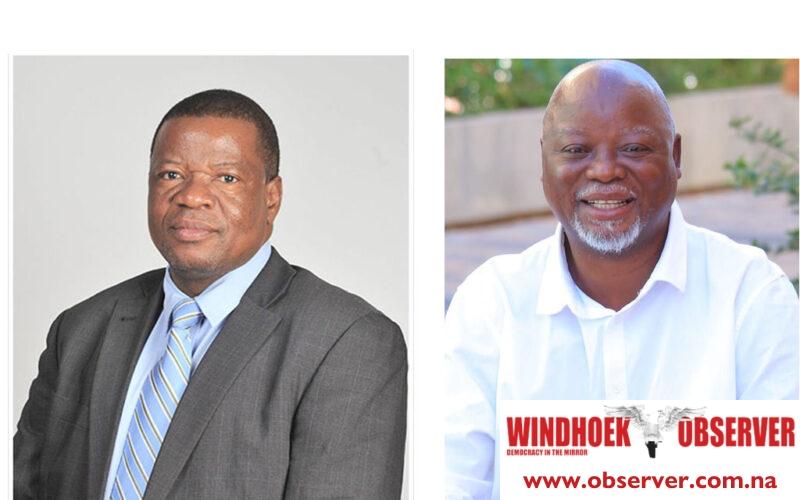Hertta-Maria Amutenja
Political parties have remained largely unresponsive to questions about their strategies for tackling national issues ahead of the 2024 Presidential and National Assembly elections.
Despite inquiries sent by the Windhoek Observer between August 23 and 28 on topics such as poverty, food security, and court backlogs, the majority of parties offered little to no response.
The publication also sought to understand their plans regarding renewable energy, infrastructure, basic education, and the decriminalisation of sex work but received sparse feedback.
Marius !Goraseb, secretary general of the All People’s Party (APP), said the media should wait for their manifesto launch, scheduled for 7 September.
Hilma Nicanor, the spokesperson for Swapo, did not provide specific answers, only stating that her team’s work was not yet complete.
“I don’t think the people I tasked are done,” Nicanor said.
The Independent Patriots for Change (IPC) also withheld detailed responses.
“We will launch our manifesto on 14 September. So could you please hold on?” said IPC spokesperson Immanuel Nashinge.
Manuel Ngaringombe, Secretary General of the Popular Democratic Movement (PDM), referred the publication to its manifesto for answers to some of the questions.
“We will revert to you on the matters that are not on our manifesto,” he said.
Landless People’s Movement (LPM) spokesperson Lifalaza Simataa did not respond by the time of publication.
When asked for a comment, Simataa said, “Oh yes, it’s been a hectic time. Is tomorrow morning fine, or would it have lapsed?”
This reluctance to engage on critical issues comes at the time that the Media Ombudsman, John Nakuta, criticised political parties last week for lacking clear election strategies.
Nakuta made these remarks during the launch of the first media monitoring report on the November elections, noting that the absence of clear agendas from political parties has resulted in reactive and crisis-dominated media coverage.
“There is clearly a lack of agenda-setting by political parties. It is very difficult to pinpoint what agenda any given political party institution has. The media is reporting almost crisis-dominant, reactive reporting,” Nakuta stated.
Public policy analyst Marius Kudumo expressed concern over the silence from political parties, interpreting it as disrespectful to voters and citizens.
“The silence and lack of acknowledgement of receipt of the questions and indication by when the parties would respond, in my view, should be interpreted as disrespect of the voters in particular and the citizens in general,” Kudumo stated.
He argued that timely responses to media inquiries are crucial for enabling voters to make informed decisions, especially those who are undecided.
“The media is a medium of communication to potential voters. A timely response enables especially undecided voters to express their choices based on informed consideration. Knowledge by the citizens about such policies is a comparative advantage,” he added.
Political analyst Ndumba Kamwanyah echoed these sentiments, suggesting that the silence might indicate a lack of preparedness or strategic disorganisation within the parties.
“This silence is troubling as it undermines the democratic process. Voters deserve to know where political parties stand on key issues to make informed decisions,” Kamwanyah commented.
Kamwanyah also highlighted the possibility of internal disorganisation within these parties or a disregard for public engagement.
“It could indicate a lack of respect or appreciation for the role of the media and public discourse in the democratic process,” he said.




